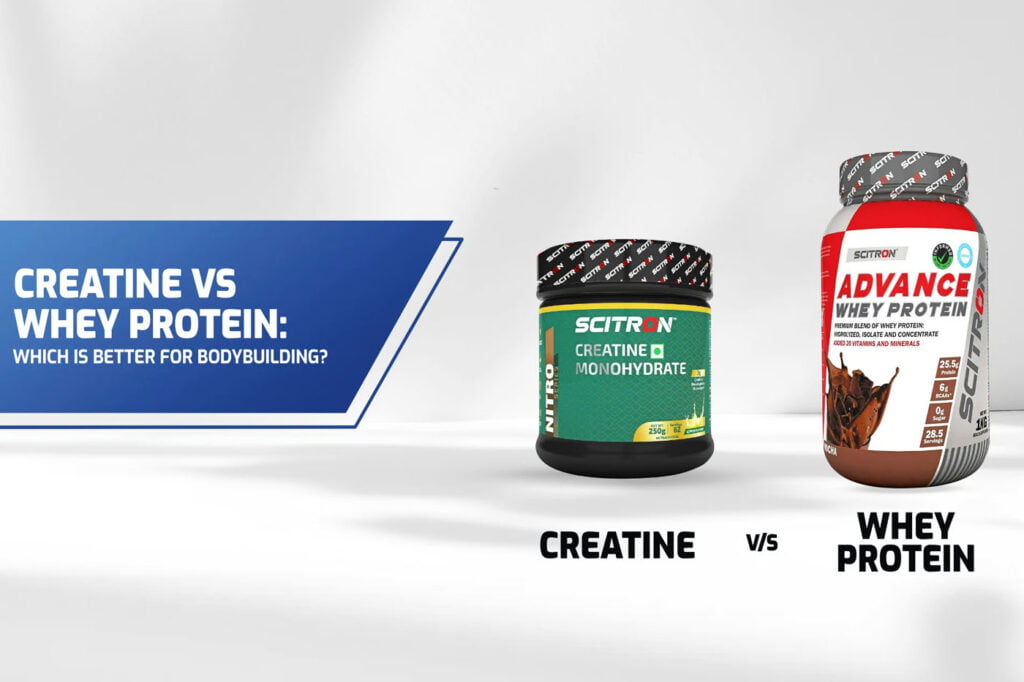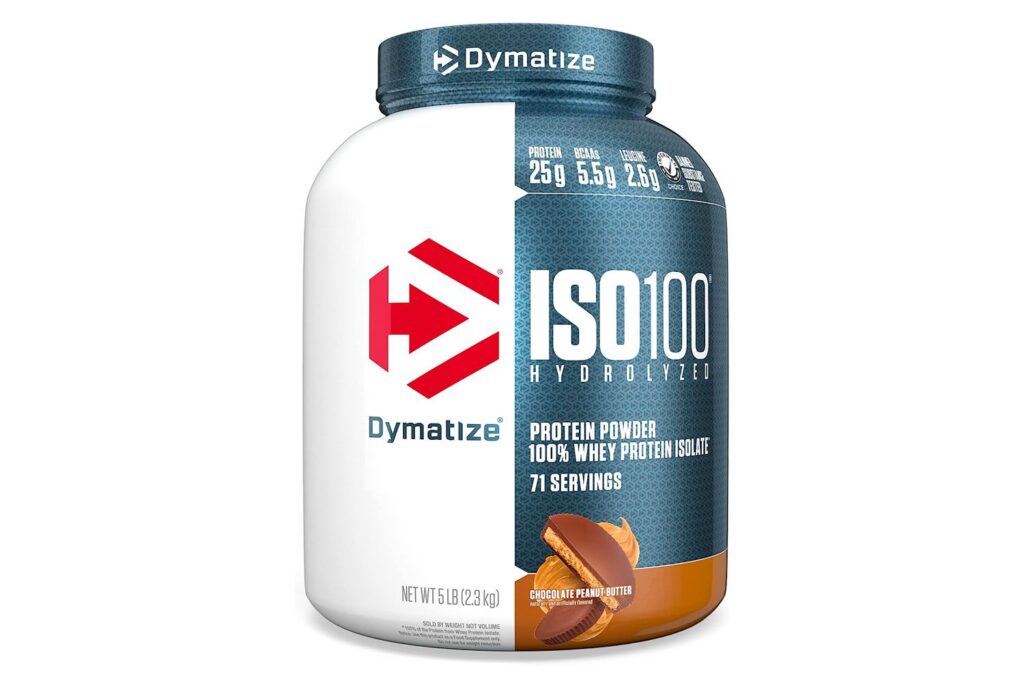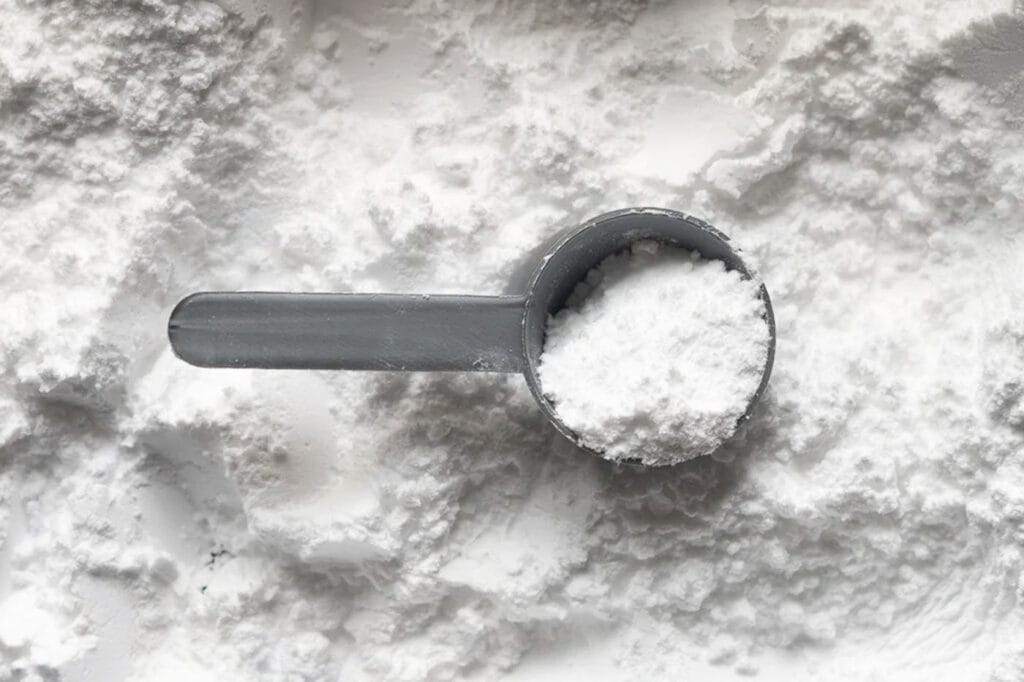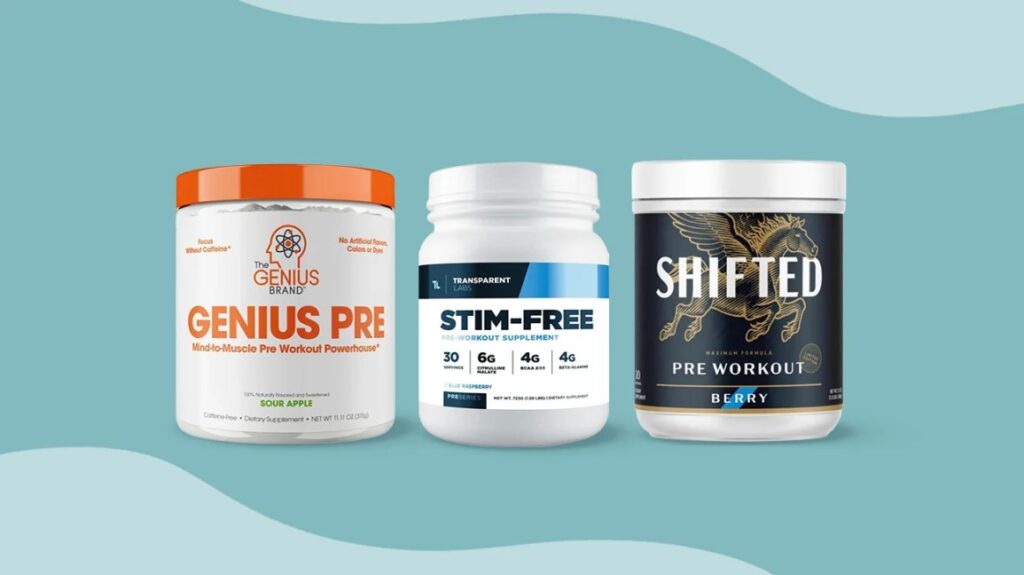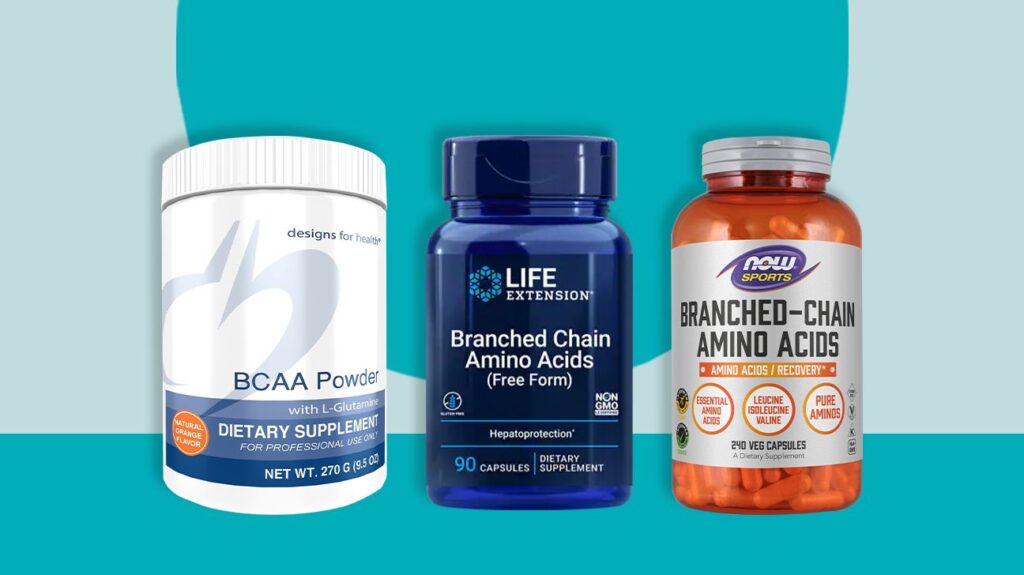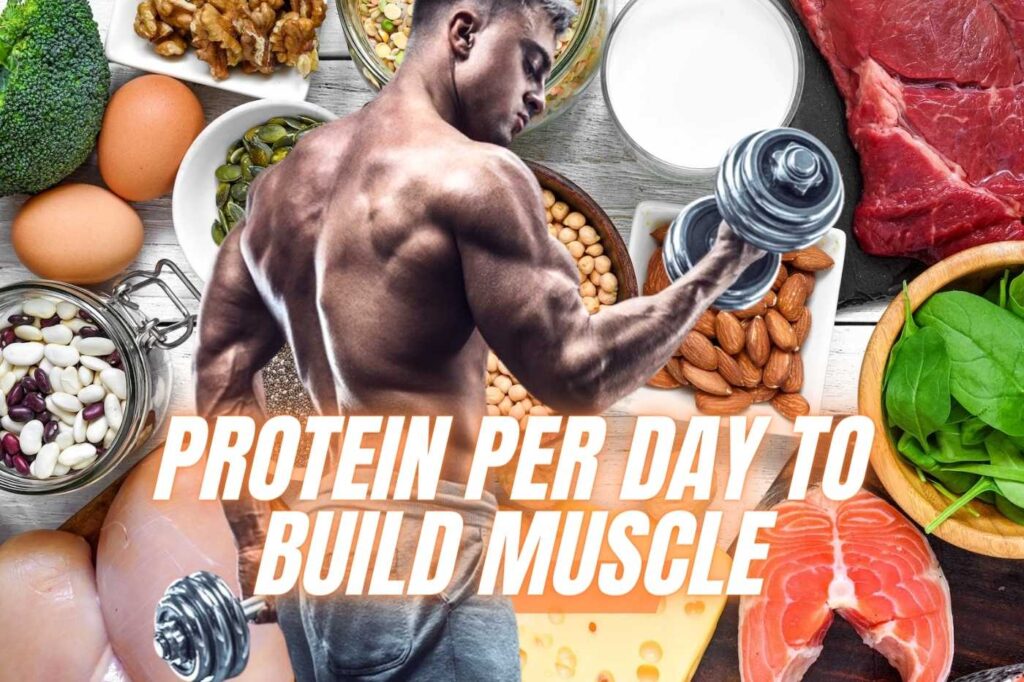Creatine supplements enhance strength and power by replenishing energy within muscles. Whey protein supports muscle repair and growth post-exercise.
Understanding the distinctions between creatine supplements and whey protein is crucial for optimizing your fitness regime. Creatine, a naturally occurring compound, bolsters short-term muscle performance, making it a favorite among power athletes and bodybuilders. It’s especially effective for high-intensity, quick-duration exercises like sprinting or heavy lifting.
Whey protein, derived from milk during the cheese-making process, serves as a complete protein source containing all essential amino acids. This makes it ideal for muscle recovery after workouts, satisfying protein needs for muscle maintenance and development. The choice between creatine and whey protein should align with your specific fitness goals, as each addresses different aspects of muscle function and performance. Selecting the right supplement can significantly impact the effectiveness of your training and workout outcomes.
The Basics: Creatine Vs Whey Protein
Creatine is a substance found naturally in muscle cells. It helps your muscles produce energy during heavy lifting or high-intensity exercise. Taking creatine as a supplement is popular among athletes and bodybuilders. They aim to improve strength and increase muscle mass.
Whey protein, on the other hand, is a protein derived from milk. It’s a complete protein, containing all nine essential amino acids. These are building blocks your body needs. Many people use whey protein to aid muscle recovery after workouts and to support muscle growth.
Historical Background
The use of creatine dates back to the 19th century. A French scientist by the name of Michel Eugène Chevreul made the first discovery of it in 1832. Chevreul discovered a component in skeletal muscle which he later named creatine. Its popularity for improving athletic performance began to rise in the 1990s.
Whey protein, on the other hand, emerged as a nutritional supplement in the 1970s. Its rise is tied to the increased understanding of protein’s role in muscle repair. As fitness and bodybuilding grew, so did the demand for whey protein. It has become a staple in the diets of people aiming to build muscle and recover from workouts.
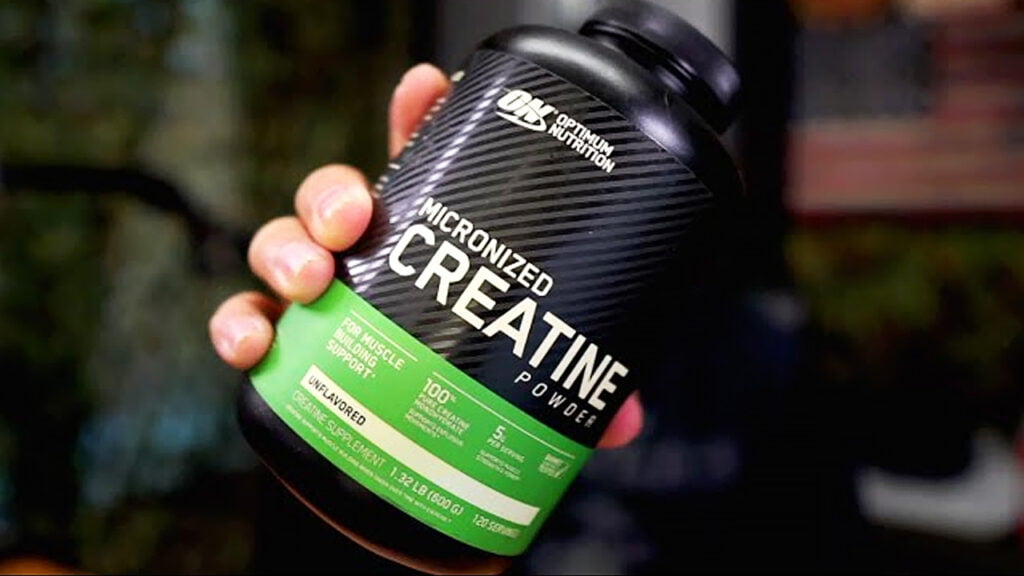
Nutritional Profiles Compared
Creatine is a substance found naturally in muscle cells. It helps your muscles produce energy during heavy lifting or high-intensity exercise. Chemically, creatine shares many similarities with amino acids. Your body can produce it from the amino acids glycine and arginine. About 95% of your body’s creatine is stored in muscles in the form of phosphocreatine. The remaining 5% is found in your brain, kidneys, and liver.
Whey protein, on the other hand, is a complete protein containing all nine essential amino acids necessary for protein synthesis. It’s a by-product of cheese production and is rich in branched-chain amino acids (BCAAs). These are crucial for muscle growth and repair. Leucine, isoleucine, and valine are the key BCAAs found in whey protein that help with muscle recovery.
Mechanisms Of Action
Creatine acts like a power boost for your muscles. It stores energy for quick, high-intensity activities. Cells use creatine’s energy to perform better during exercise. This supplement increases muscle mass and strength.
Whey protein, on the other hand, helps muscles recover after workouts. It gives the body essential building blocks, called amino acids. These are needed for muscle repair. After exercising, muscles rebuild with the help of whey protein.
Impact On Muscle Growth
Creatine boosts muscle strength significantly, making it a favorite among weightlifters and athletes. Regular consumption of creatine can lead to enhanced muscle performance during high-intensity activities. Studies suggest that this substance aids in producing more energy, which is crucial for heavy lifting and explosive movements.
In terms of muscle mass, whey protein plays a pivotal role. It provides the body with essential amino acids necessary for muscle repair and growth. Thus, individuals who consume whey protein tend to observe an increase in lean muscle mass, especially when combined with resistance training.
Usage And Timing
Creatine supplements are most effective when used pre or post-workout. Fitness experts often suggest taking creatine 30 minutes before training. This timing helps to boost performance during the exercise.
For recovery, the best time is immediately after a workout. At this time, muscles are like sponges. They absorb creatine better. So, muscles get what they need to grow stronger.
Regarding whey protein, consuming it right post-workout is ideal. Muscles use protein to repair and grow. This period is often called the “anabolic window”. It lasts up to about 30-45 minutes after exercising.
Another good time for whey protein is first thing in the morning. Overnight, your body fasts and breaks down muscle. A morning protein shake can stop this process. It kick-starts your metabolism with essential nutrients.
Side Effects And Safety
Creatine supplements may lead to side effects such as weight gain, muscle cramps, or digestive issues. Use by younger people could pose risks, while adults may experience kidney stress with excessive use over time. Adequate hydration is crucial when taking creatine.
With whey protein, some individuals might face lactose intolerance or allergies. Excessive intake can result in kidney overload and potentially increase the risk of heart disease. Choosing high-quality whey and following recommended dosages is important for safety.

Real-life Application
Many athletes choose creatine or whey protein to enhance performance. Real-life applications show varied results. Some athletes shared their experiences. They noted improved strength with creatine. Others saw better recovery after taking whey. Community surveys revealed trends in user preferences.
Gym-goers often favor whey for its muscle-repair qualities. Runners prefer creatine for the extra boost. The choice often depends on the sport. Each athlete’s body responds in its own way. Personal trials with each supplement can be the best guide. User testimonials suggest trying both to find what works best.
Expert Opinions
Sports nutritionists emphasize unique benefits for each supplement. Creatine boosts power during short, intense activities. Whey protein supports muscle repair after workouts. Both are safe and effective.
Research shows creatine enhances muscle strength. It stores energy for quick, heavy lifts. Whey protein, which is full of amino acids, helps muscles grow. These amino acids repair muscle fibers post-exercise.
| Creatine | Whey Protein |
|---|---|
| Increases short-term strength | Promotes muscle growth |
| Improves high-intensity performance | Speeds up recovery |
| Best for sprinters and lifters | Great for all athletes |
Formulating The Ideal Regimen
Creatine supplements and whey protein serve distinct purposes. Creatine boosts performance during high-intensity activities. Whey protein aids muscle repair and growth. Taking both supplements together can lead to optimal results.
Choose the right dosage and timing. Typically, creatine is taken pre-workout. Whey protein is often consumed post-workout to assist with recovery. It’s important to listen to your body and adjust as needed.
The Verdict: Choosing What’s Best For You
Choosing between creatine supplements and whey protein hinges on individual fitness goals. For muscle gain, creatine boosts power during high-intensity workouts. It enhances performance and muscle mass. Quick muscle recovery is key for bodybuilders. Whey protein excels in this area, providing essential amino acids for muscle repair.
Those aiming for strength and speed might prioritize creatine. For lean muscle and reduced fat, whey is often the go-to choice. Every person’s body responds differently. Testing both supplements and assessing personal progress can be beneficial. Consulting with fitness professionals is always wise. Health and exercise patterns should guide supplement choice.
Frequently Asked Questions For Creatine Supplement Vs Whey Protein
What’s Better Creatine Or Whey Protein?
Creatine and whey protein serve different purposes. Creatine enhances strength and power, while whey protein supports muscle repair and growth. Choosing between them depends on your specific fitness goals.
Do I Need Whey Protein If I Take Creatine?
Whey protein and creatine serve different purposes. Whey helps with protein intake and muscle repair, while creatine enhances strength and performance. Taking both can be beneficial, but is not necessary. Tailor your supplementation to your dietary needs and fitness goals.
Should Skinny Guys Take Creatine Or Protein?
Skinny guys can benefit from both creatine and protein supplements. Creatine helps improve performance and muscle growth, while protein supports muscle repair and building. Always consult a healthcare professional before starting any supplement regimen.
Is It Better To Take Creatine Or Protein After Workout?
Both creatine and protein can aid recovery after a workout. Creatine helps restore energy levels, while protein supports muscle repair. Consider your fitness goals and consult with a healthcare professional to decide the best option for you.
Conclusion
Deciding between creatine and whey protein depends on your fitness goals. Both supplements offer unique benefits for muscle growth and recovery. Remember to consult a healthcare professional before starting any new supplement regimen. Choose wisely to support your journey toward optimal health and performance.

